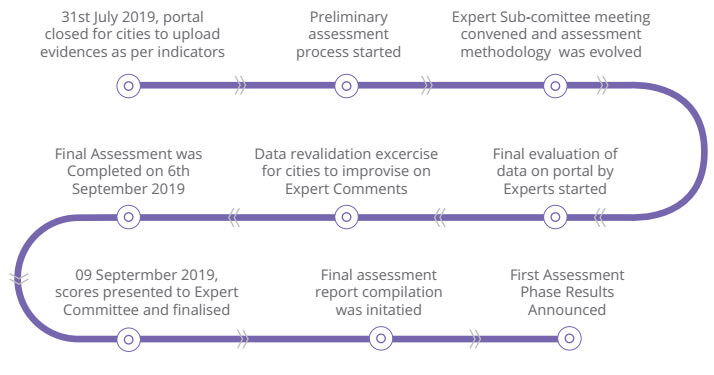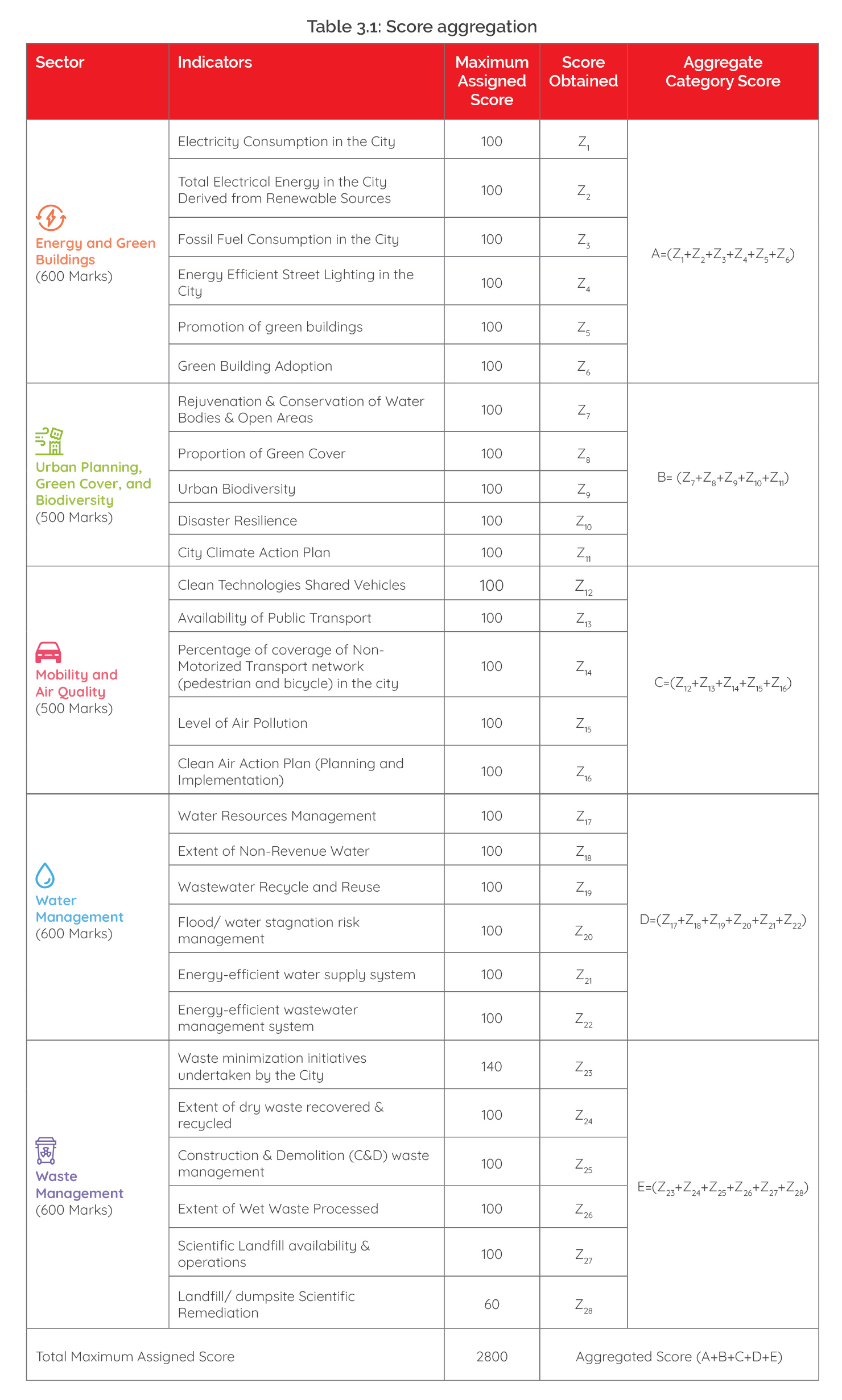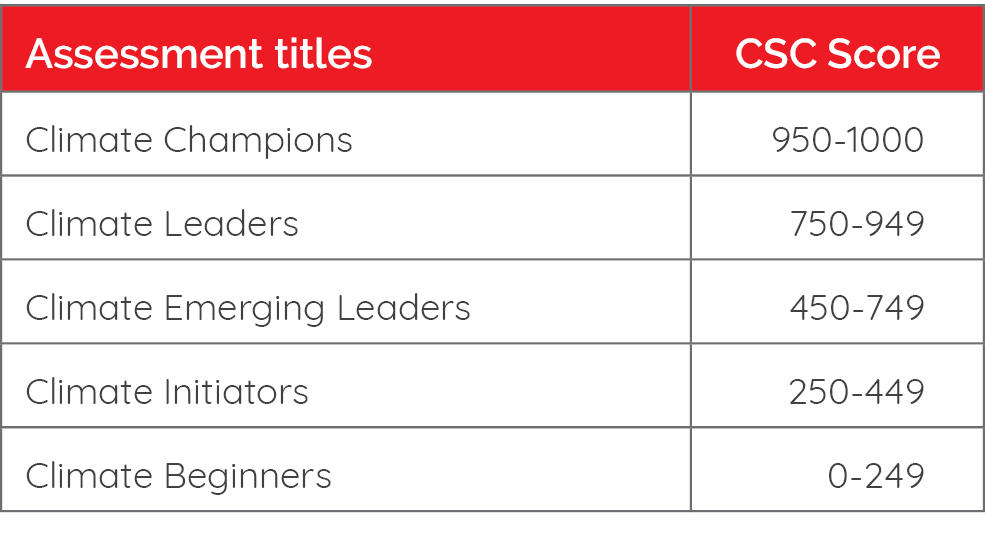
With an objective to strengthen the sustainability component and in particular climate resilience under the Smart Cities Mission, the Ministry organized a half-day brainstorming session on 24. January 2019 in which 26 organizations participated. The brainstorming session was jointly chaired by the Ministry of Housing and Urban Affairs and the Ministry of Environment, Forest, and Climate Change. The framework evolved during deliberations, categories were refined and broad understanding of set of indicators was acquired.
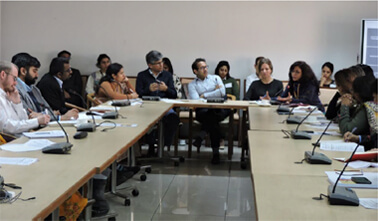
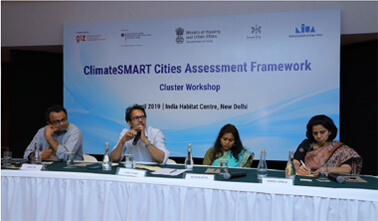
Subsequently, with the support of stakeholder organizations, various subject-specific subgroups were constituted, and several rounds of deliberations were conducted to develop the indicators.
After the announcement of the ClimateSmart Cities Assessment Framework in February 2019, The Ministry of Housing and Urban Affairs conducted four cluster workshops in April 2019 in New Delhi to finalize the indicators. CEOs, technical personnel and data officers of the Smart Cities attended the workshops and deliberated on the indicators, and gave their feedback based on their experience and understanding. Post the cluster workshops, a final set of indicators were circulated to the cities.

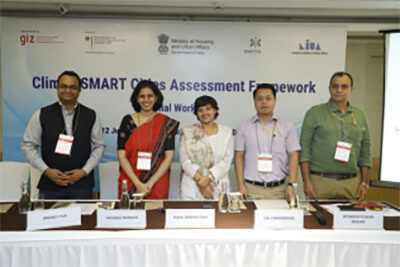
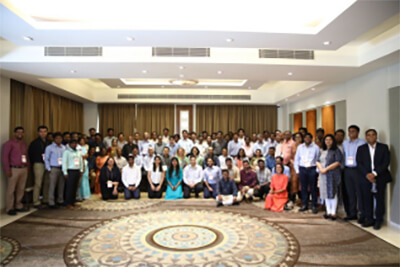
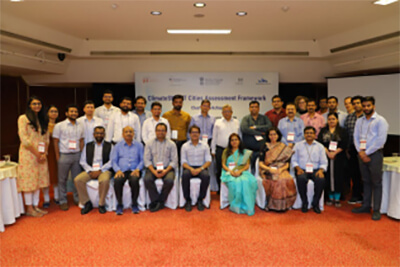
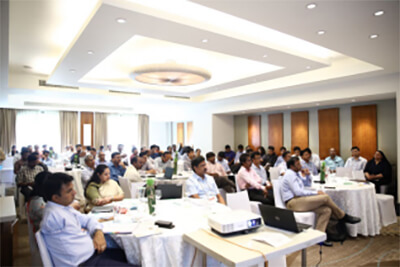
To disseminate the final indicators and related requirements, regional workshops were organized in New Delhi, Pune, Kolkata, and Chennai in July 2019. The goal of the workshops was to acquaint all the relevant stakeholders on expectations from the assessment and discuss in detail the same. A hand-holding exercise on the portal was also conducted to familiarize cities with the process.

The assessment involved aggregating data across 30 listed indicators and more than 100 data sets for the quantitative assessment. The data provided by the cities needed to be authentic and approved by the concerned department or authority. The main source of data for the computation of the assessment involved secondary data, which was collated by city governments from various sources like reports, surveys and government statistical reports and submitted through an online data portal. Out of 100 cities, 96 cities were able to submit the information on the portal.
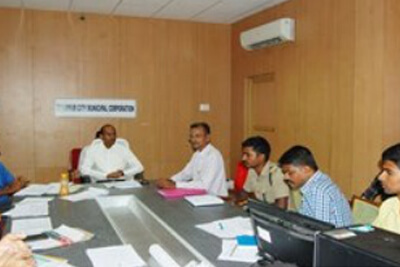
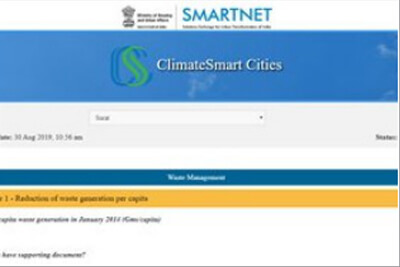

The data sets along with the evidence provided by the cities were assessed by a team of sector-specific experts along with the interactions involving suggestions and inputs with the Expert Committee members. The Expert Committee members commented on the assessment and scoring methodology. After the 1st round of preliminary evaluation by the sector-specific experts, cities were asked to improve on their data submission through a validation period. The portal was again opened for five days from 26th till 30th August 2019 for these cities to comply with the observations of the experts and thereafter draft scores were compiled.
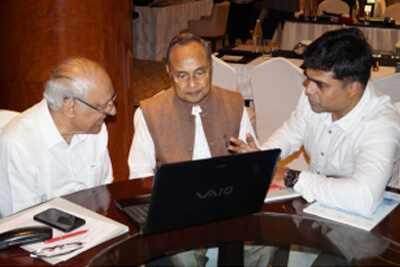
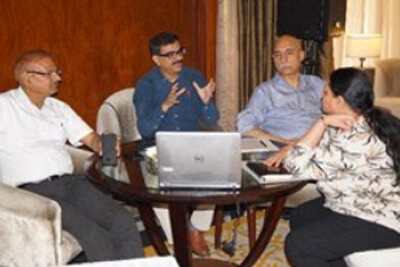

Expert Committee members reviewed the draft scores assigned by the subject experts against the evidence submitted by the cities. After finalization of scores, city titles were assigned.
Since the intention is not to create competition among cities, assessment scores and ranks have not been presented to the cities instead further guidance and technical support is envisaged for cities to work together and formulate a climate alliance to combat climate change.
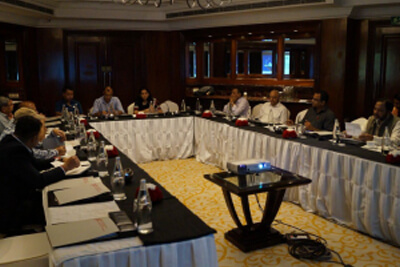
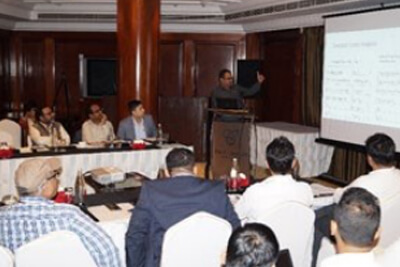
The flowchart below explains the steps that the assessment process followed after the closure of the online portal:
